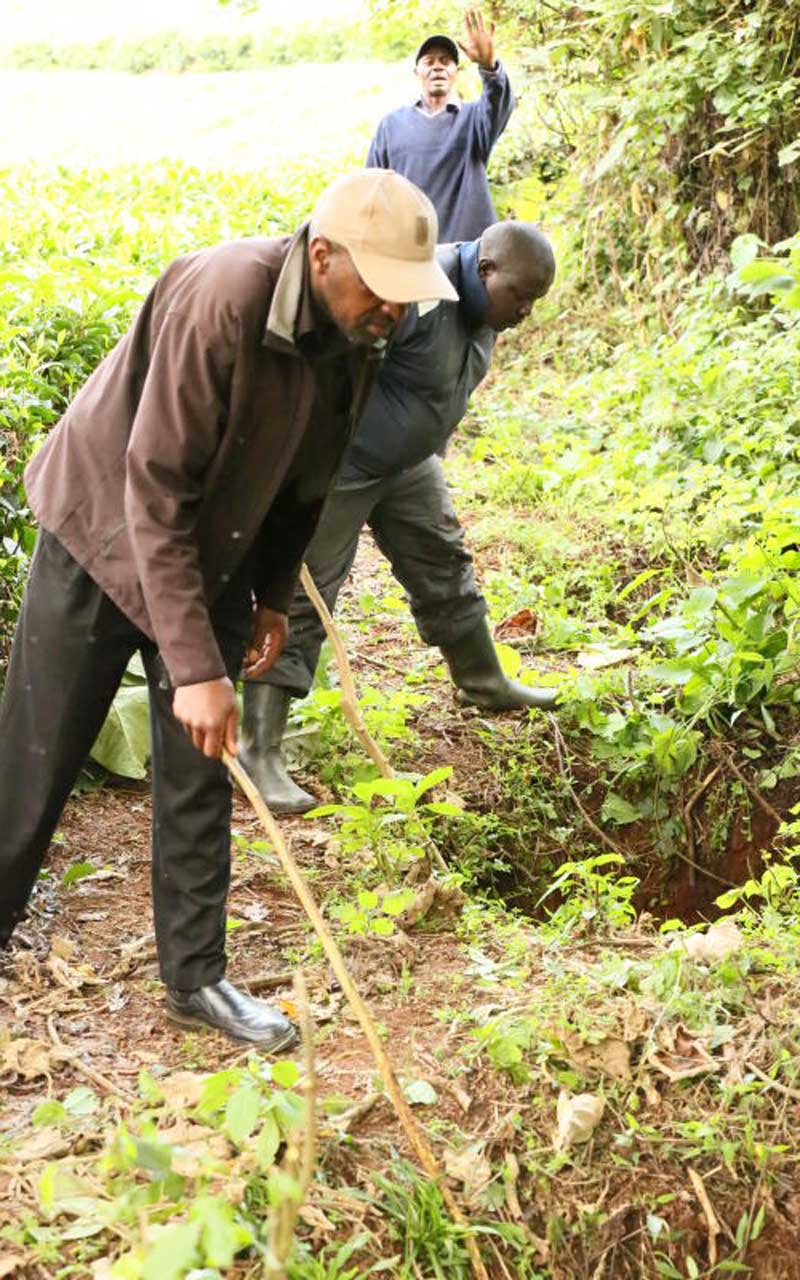×
The Standard e-Paper
Smart Minds Choose Us

Residents of Kagochi area in Mathira are seeking the Government’s help to fill in 20 mysterious deep holes inside Mt Kenya Forest.
The holes, which border the forest and the Nyayo Tea Zone, are said to have been dug more than 60 years ago during the colonial period.